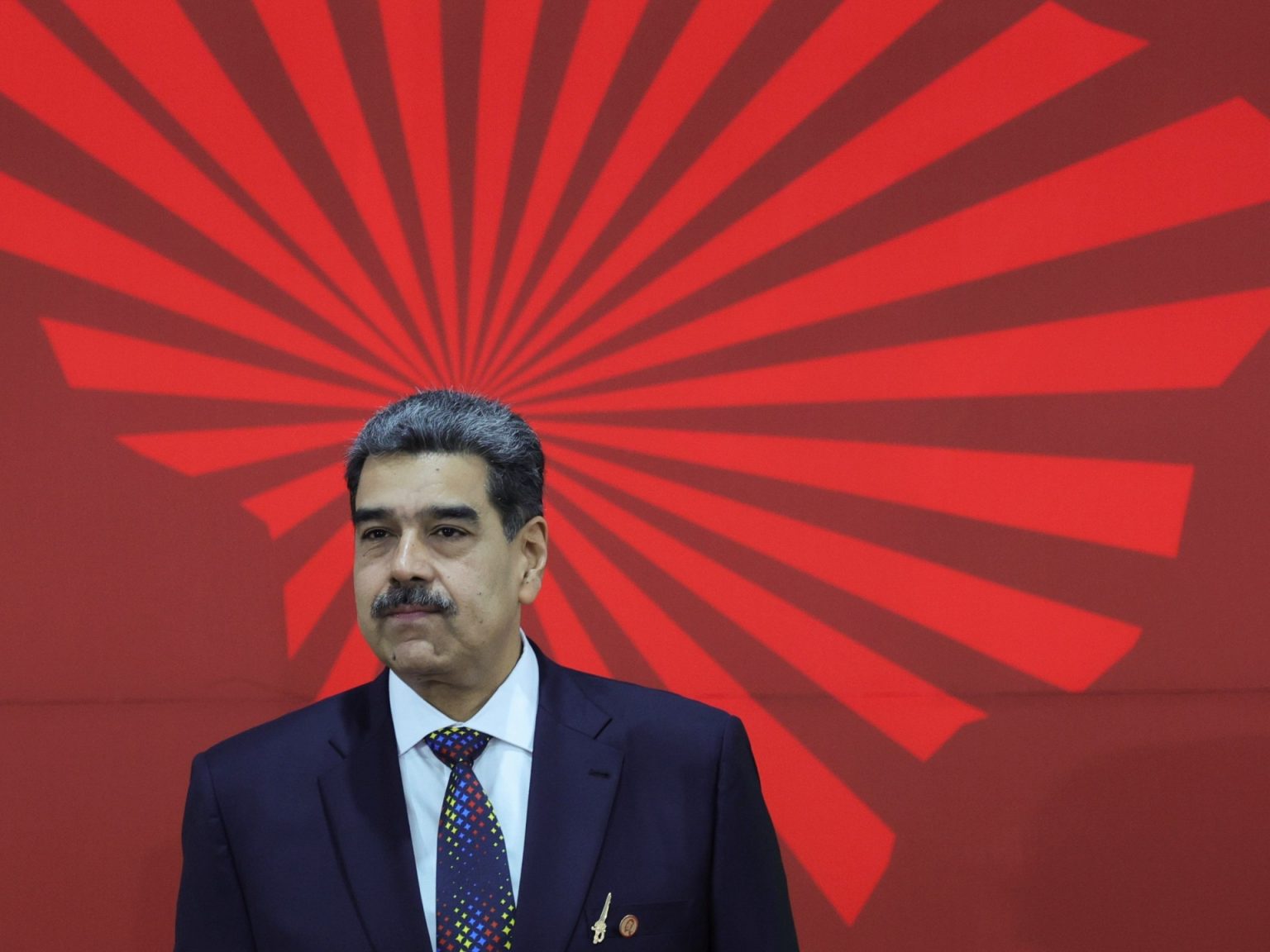The Complex Interplay Between Nicolás Maduro and Donald Trump
Nicolás Maduro’s impending inauguration for a contested third term as Venezuelan president has been marked by a surprising overture towards his old adversary, former US President Donald Trump. Maduro’s public congratulations and invitation for renewed dialogue suggest a potential shift in the dynamics between these two strongman figures. This development comes at a critical juncture for Maduro, who faces mounting international pressure following the disputed election, particularly from the United States. Maduro’s outreach seems to signal a willingness to explore a more pragmatic approach with the Trump administration, leaving room for a potential recalibration of their relationship. However, the future trajectory of this complex interplay remains uncertain, contingent on Trump’s evolving stance towards Venezuela and the broader regional political landscape.
Trump’s "Maximum Pressure" Campaign and its Consequences
During his first term, Trump’s "maximum pressure" strategy against Maduro aimed to oust the socialist leader. This approach encompassed escalating sanctions on Venezuela’s oil sector, freezing assets of Maduro’s inner circle, and even offering a substantial reward for information leading to his arrest. Trump also recognized opposition leader Juan Guaidó’s claim to the presidency after the 2018 elections, further escalating tensions. While intended to weaken Maduro’s grip on power, the strategy arguably exacerbated Venezuela’s humanitarian crisis, contributing to a mass exodus of migrants and refugees. Critics point to the oil sanctions as a key factor worsening the economic turmoil, forcing millions to flee. The influx of Venezuelan migrants into the US, a central concern for Trump, adds a further layer of complexity to the bilateral relationship. This migration flow could heavily influence Trump’s future policies towards Venezuela, potentially pushing him towards a more pragmatic approach involving direct engagement with Maduro.
The Migration Factor: A Potential Turning Point?
The surge in Venezuelan migration to the US, coupled with Trump’s hardline immigration stance, could significantly shape the future of US-Venezuela relations. Trump’s desire to curb irregular migration might necessitate cooperation with Maduro, particularly regarding deportations, which Venezuela halted in response to US sanctions. Reports suggest Maduro’s government might be willing to resume deportations in exchange for economic relief, hinting at a potential bargaining chip for both leaders. However, critics argue that true stability in Venezuela requires addressing the underlying political crisis, not merely economic concessions. The disputed election and Maduro’s subsequent crackdown further fueled the exodus, highlighting the deep-seated political issues driving migration. Any rapprochement between Trump and Maduro would likely hinge on navigating this complex interplay between migration flows, economic pressures, and political realities.
Maduro’s Calculated Moves and the Barbados Agreement
Maduro’s recent actions, including the release of some political prisoners and a potential willingness to negotiate on deportations, suggest a calculated approach to mitigate international pressure and improve his standing. While these moves could be interpreted as concessions to the incoming Trump administration, they also reflect Maduro’s desire to regain some international legitimacy after the widely criticized elections. The Barbados Agreement, a deal struck with the Biden administration in 2023, serves as a precedent for Maduro’s willingness to engage in negotiations, even with his adversaries. Although the agreement ultimately faltered, it demonstrates Maduro’s capacity for strategic maneuvering and his aversion to complete international isolation. His current overtures towards Trump might be viewed within this context, as a calculated effort to explore alternative avenues for engagement and relief from sanctions.
The Uncertainty of Trump’s Second Term Approach
While Trump’s first term was characterized by a hardline stance against Maduro, the specific approach he will take in his second term remains uncertain. The appointment of Marco Rubio, a staunch critic of Maduro, as Secretary of State could suggest a continuation of the "maximum pressure" strategy. However, the failure of this strategy to achieve its intended goals, coupled with the escalating migration crisis, might compel Trump to explore alternative approaches. The influence of energy lobbyists seeking to restore diplomatic relations with oil-rich Venezuela adds another layer of complexity. Ultimately, the interplay of these factors, along with potential negotiations with Maduro on issues like deportations, will determine the trajectory of US-Venezuela relations under Trump’s second term.
Looking Ahead: A Delicate Balancing Act
The future of US-Venezuela relations under a second Trump presidency is poised for a period of uncertainty and complex maneuvering. Maduro’s overtures and willingness to negotiate, driven by a need to mitigate international pressure and address the migration crisis, present an opportunity for a recalibration of the relationship. However, the deep-seated political crisis in Venezuela, coupled with Trump’s unpredictable nature and hardline immigration stance, makes predicting the outcome a challenging task. The interplay between these factors, influenced by domestic political considerations and international pressure, will determine the path forward, which could range from renewed confrontation to a pragmatic engagement based on mutual interests.

